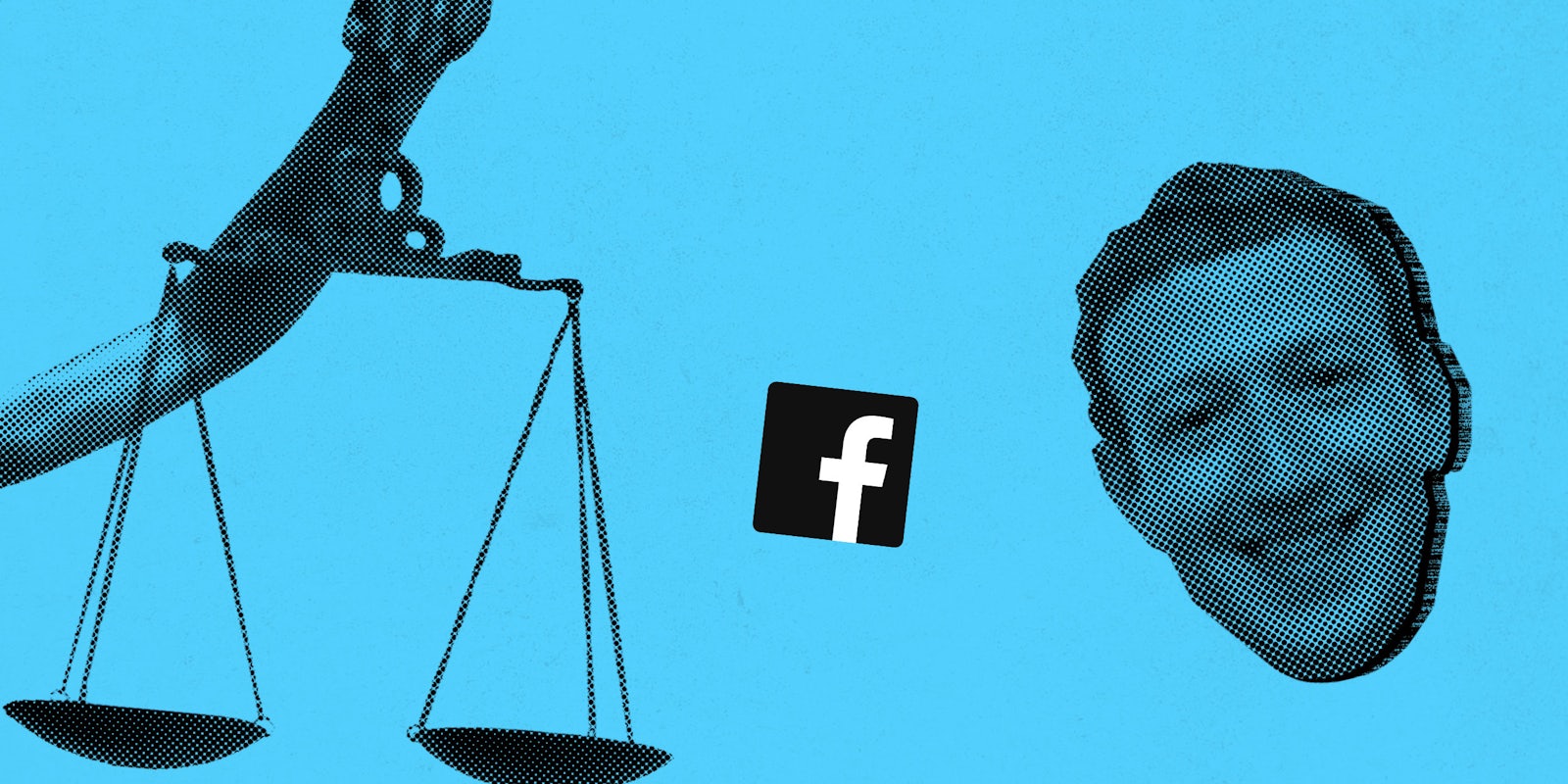In another recent development about Facebook and its willingness to give away its users’ information, the social media platform was reportedly looking to share anonymized users’ data with major U.S. hospitals.
As first reported by CNBC on Thursday, Facebook’s research arm, Building 8, was in the beginning phases of a project where they would have “hashed” their own data with medical records provided by hospitals around the country. It hoped the combined data could allow doctors to get more relevant and specialized insight into their patients’ lives.
The proposal never went past the planning phases, according to a Facebook spokesperson, and has been put on pause after the Cambridge Analytica data leak scandal raised public concerns over how Facebook and others collect and use detailed information about Facebook users.
Facebook put out the following statement about the project:
“The medical industry has long understood that there are general health benefits to having a close-knit circle of family and friends. But deeper research into this link is needed to help medical professionals develop specific treatment and intervention plans that take social connection into account.
With this in mind, last year Facebook began discussions with leading medical institutions, including the American College of Cardiology and the Stanford University School of Medicine, to explore whether scientific research using anonymized Facebook data could help the medical community advance our understanding in this area. This work has not progressed past the planning phase, and we have not received, shared, or analyzed anyone’s data.
Last month we decided that we should pause these discussions so we can focus on other important work, including doing a better job of protecting people’s data and being clearer with them about how that data is used in our products and services.”
CNBC said Facebook’s pitch was to combine what a health system knows about its patients (like whether a person has heart disease, their age, what medications they take ) with what Facebook knows (like if they’re married or have kids, what language they speak, how often they communicate online) to create improved patient care. For example, if an elderly patient doesn’t live close to family, a hospital could recommend they be assigned a nurse to make house calls.
As the news broke, users said on Twitter that this latest development is yet another attempt by Facebook to abuse its users’ data.
https://twitter.com/AlRobins2015/status/982289337411764226
Jeez. Such a disgusting abuse by Facebook perpetrated upon its users. HIPPA laws apply. https://t.co/5RSDoa2he9
— Amy (@flwrpwr1969) April 6, 2018
https://twitter.com/MrDane1982/status/982003517962571776
Health policy experts agree with this sentiment and said Facebook needs to think through the privacy implications of the project.
“Consumers wouldn’t have assumed their data would be used in this way,” said Aneesh Chopra, president of a health software company specializing in patient data called CareJourney and the former White House chief technology officer. “If Facebook moves ahead (with its plans), I would be wary of efforts that repurpose user data without explicit consent.”
Facebook executives have already emphasized that the platform remains free because of the data it shares with advertisers. But in the wake of the news that 2.2 billion Facebook users have probably had their public data scraped by “malicious actors,” it’s clear that the platform needs to become more transparent about how it uses data.


